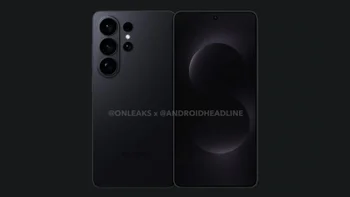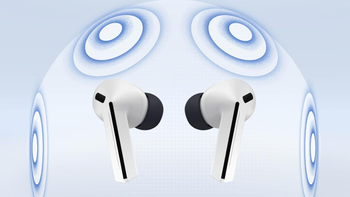The nearly $600 Xiaomi Mi 11 flagship costs the same to make as the iPhone 12

The world's first Qualcomm Snapdragon 888-powered smartphone, the Xiaomi Mi 11, has been released in China. The device boasts an impressive specifications sheet: 6.81 inches AMOLED panel with a 3200 x 1440 resolution and 120Hz refresh rate, an under-screen fingerprint sensor, a triple camera system with a 108MP main sensor, a 5MP telephoto unit, and a 13MP ultrawide module, and a 4,600mAh battery with support for 55W wired and 50W wireless charging.
The base variant with 8GB of RAM and 128GB of storage costs 3,999 Chinese Yuan (~$612). Western prices haven't been announced yet.
According to Xiaomi executive Pan Jiutang (via Xiaomi Today), the Mi 11 costs the same to make as the iPhone 12. The 128GB variant of the phone retails for 6799 Chinese Yuan in China and $879 in the US.
This makes the iPhone 12 nearly $429 more expensive in China.
Per an earlier report, the estimated bill of materials (BoM) cost for the iPhone 12 is $373. The BoM only shows how much it costs a vendor to procure components required to manufacture a product and it doesn't take into account other expenses such as research and development, salaries, and marketing.
Although Xiaomi hasn't revealed Mi 11's BoM, we do know that the company has pledged to keep profit margins low. Apple and Samsung, on the other hand, are known to keep hefty margins on their phones.
This also explains why Apple captured 59 percent of the industry profit in Q2 2020, even though it was the third largest player and made up only 14 percent of the total shipments.
Xiaomi's competitive pricing strategy has helped it find success in two of the world's largest smartphone markets - China and India. In the third quarter of 2020, the company toppled Apple as the third-largest smartphone manufacturer. This was largely because Xiaomi aggressively tried to seize Huawei's market share and Apple's shipments suffered because of the delay in the launch of the iPhone 12 series.
- iPhone 13 release date, price, features, and specs
The base variant with 8GB of RAM and 128GB of storage costs 3,999 Chinese Yuan (~$612). Western prices haven't been announced yet.
According to Xiaomi executive Pan Jiutang (via Xiaomi Today), the Mi 11 costs the same to make as the iPhone 12. The 128GB variant of the phone retails for 6799 Chinese Yuan in China and $879 in the US.
Unlike the iPhone 12, the Mi 11 can be bought as part of a bundle that includes a charger at no extra cost.
Per an earlier report, the estimated bill of materials (BoM) cost for the iPhone 12 is $373. The BoM only shows how much it costs a vendor to procure components required to manufacture a product and it doesn't take into account other expenses such as research and development, salaries, and marketing.
Although Xiaomi hasn't revealed Mi 11's BoM, we do know that the company has pledged to keep profit margins low. Apple and Samsung, on the other hand, are known to keep hefty margins on their phones.
Xiaomi's competitive pricing strategy has helped it find success in two of the world's largest smartphone markets - China and India. In the third quarter of 2020, the company toppled Apple as the third-largest smartphone manufacturer. This was largely because Xiaomi aggressively tried to seize Huawei's market share and Apple's shipments suffered because of the delay in the launch of the iPhone 12 series.
Follow us on Google News


![Some T-Mobile users might be paying more starting in March [UPDATED]](https://m-cdn.phonearena.com/images/article/176781-wide-two_350/Some-T-Mobile-users-might-be-paying-more-starting-in-March-UPDATED.webp)











Things that are NOT allowed:
To help keep our community safe and free from spam, we apply temporary limits to newly created accounts: